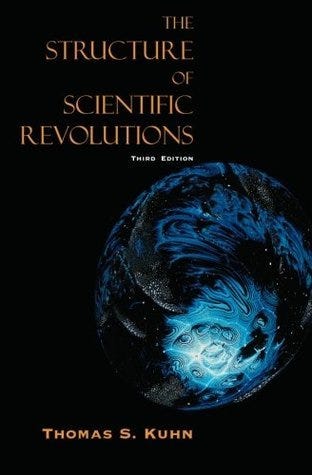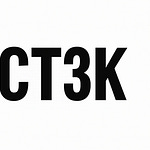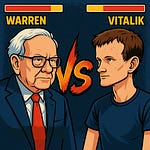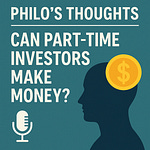Excuse the low-quality sound, but when inspiration hits it’s better to record on the spot rather than pre planned.
When I say Weak Ego I take Robert Greene’s definition which refers to an Ego which cannot take criticism, cannot adapt and is too fragile.
A person with a fragile ego cannot endure failure or withstand pressure — and when it eventually happens, instead of adapting and re-learning, they get derailed and veer off course.
In fact, how you deal with adversity determines your absolute success. The Strong Ego would use that experience to adapt and adjust to reality.
—> “When reality does not conform to your expectations, you adjust your expectations, you don’t double down on delusion.” —Philo
In fact, a willingness to be hyper-realistic creates masters in every craft.
The Power of Revolution
Two examples that I will soon talk more about are:
Buffet taking Benjamin Graham’s learnings and making them better with his business-owner oriented mindset and a focus on moats and long-term value creation and
George Soros using philosophy as a tool to understand financial markets better relative to myopic economic theories like market fundamentalism etc.
And so, the greats become great through a willingness to innovate and be different. To do things in ways that others do not.
This is what the Traps & Reversals segment in the Investing Course will focus on — teaching the student the situations and conditions where tools do NOT work, and different methods to go about it.
To join the course waitlist visit philomastery.com
Appendix
Mention of strong and weak egos is not meant to upset anyone or offend them, it is merely to remind people how they can do better and what could be causing their emotional confusion or pain.
This isn’t about perfection either, we all lose sometimes, the trick is not to make a habit of it…
“Mistakes are the rule and not the exception when looking back at the career of a successful investor.” —Philo












